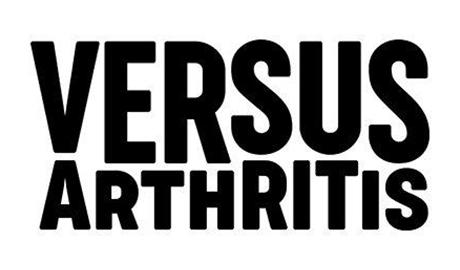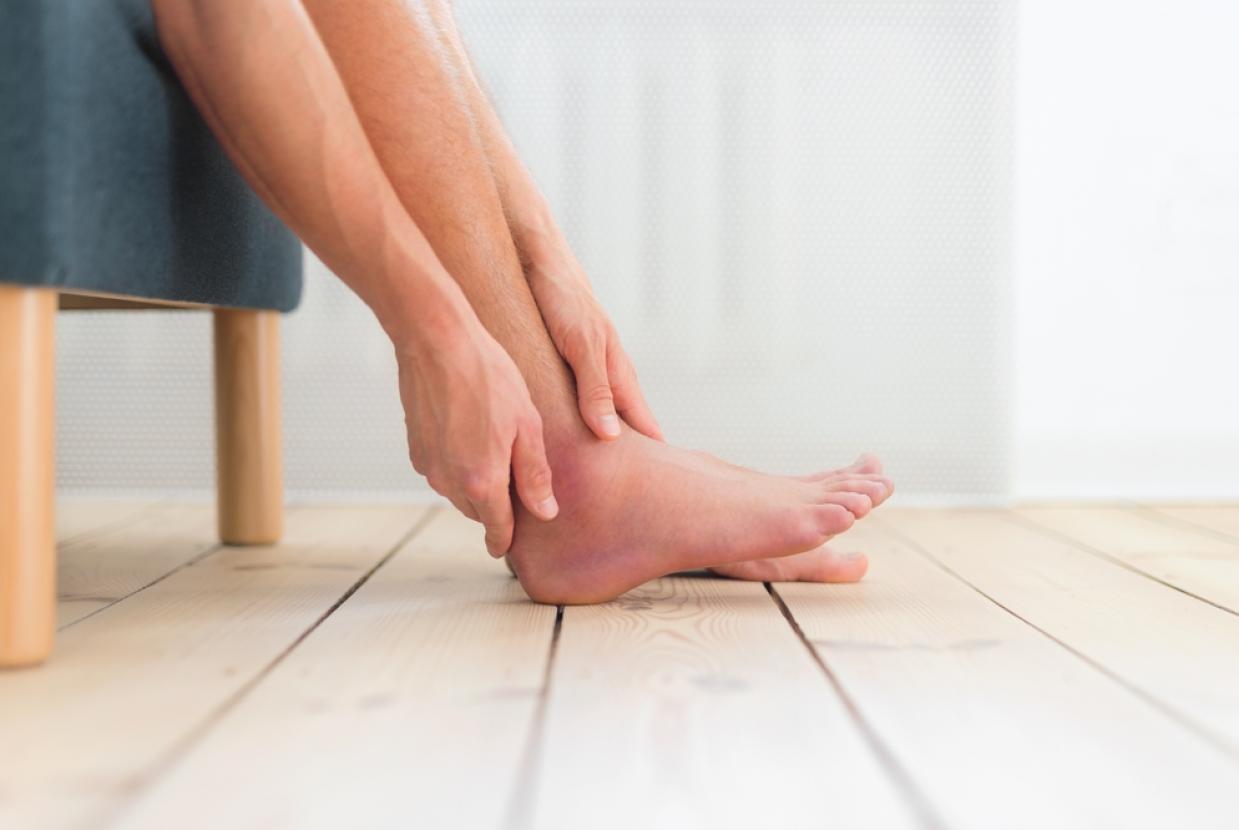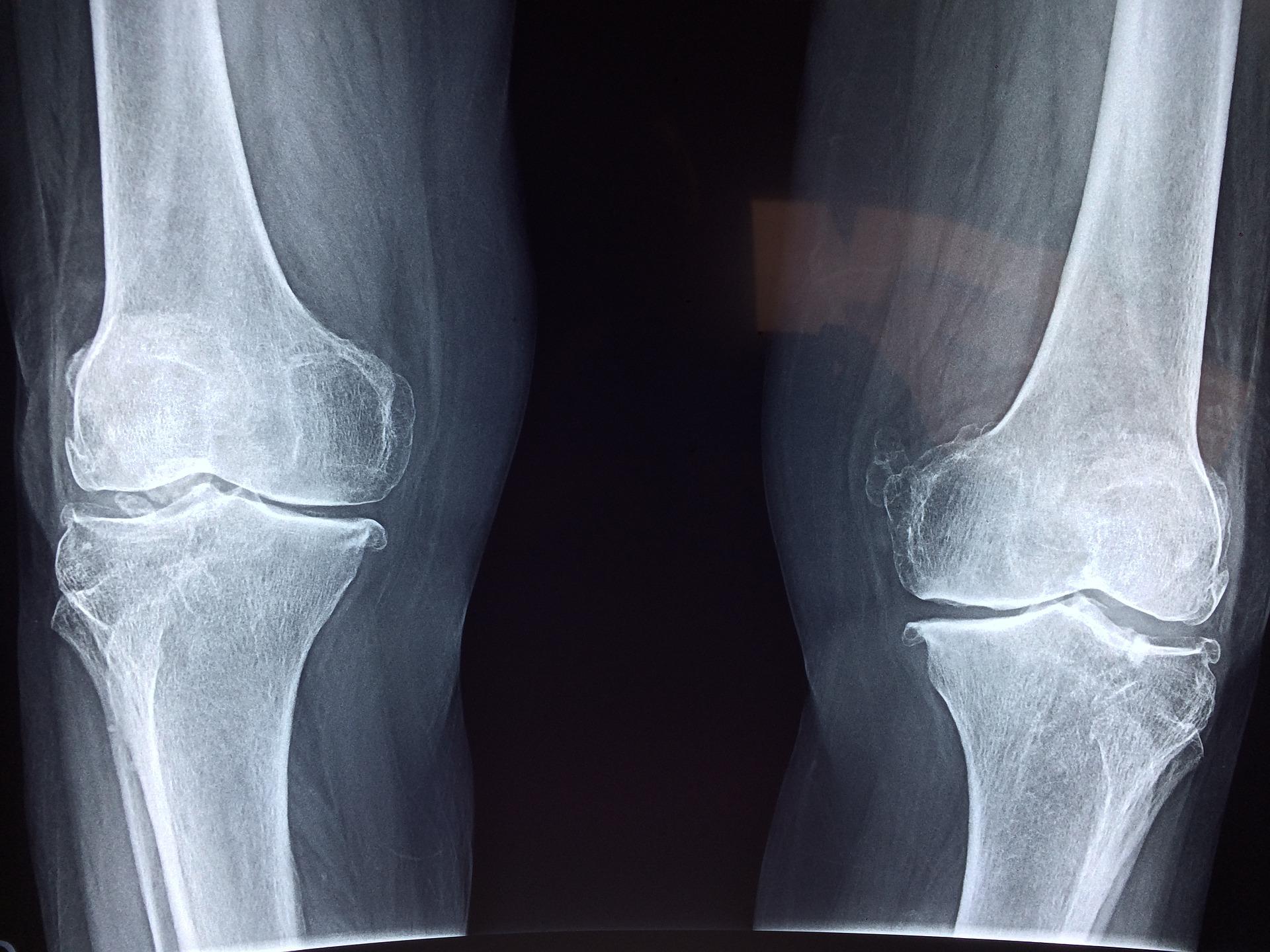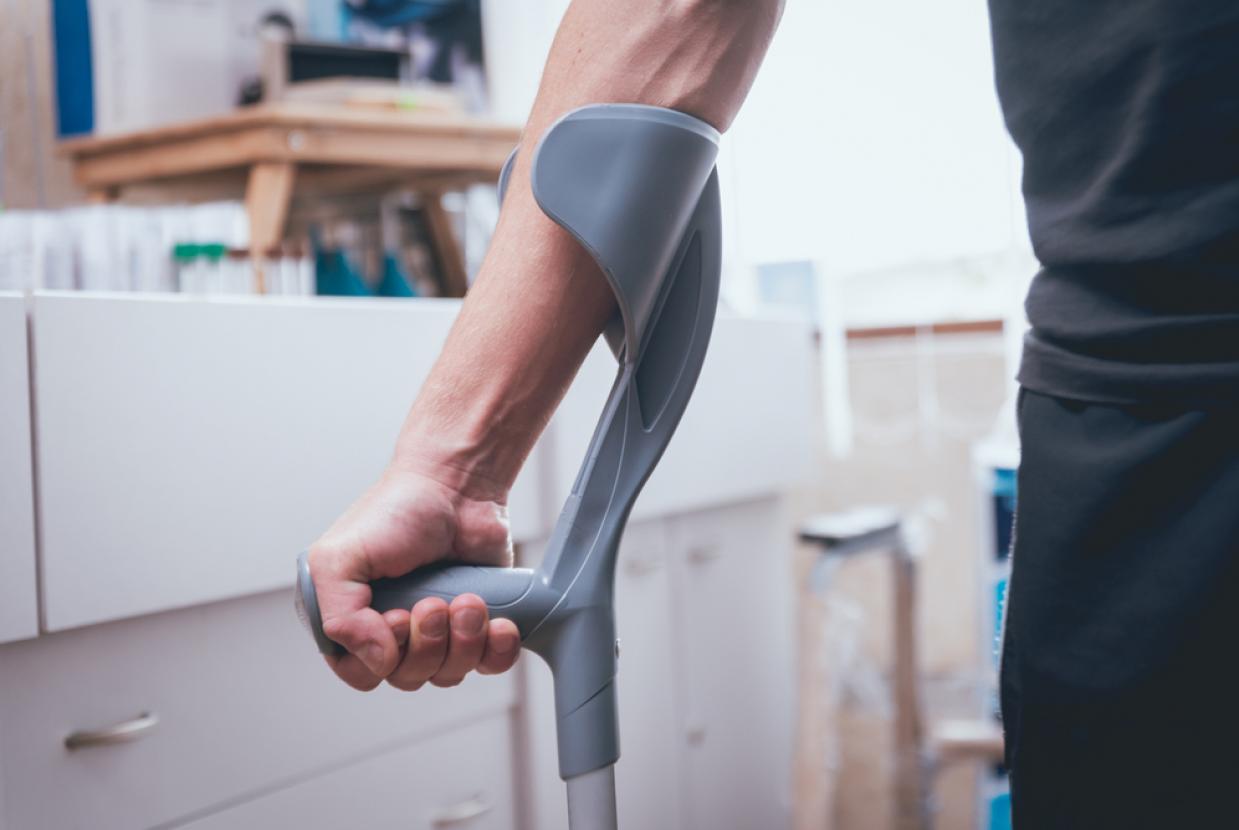Supporting A Child Living With Arthritis Or A MSK Condition
Arthritis/Back Pain/Joint PainIf your child has just been diagnosed with arthritis or a musculoskeletal (MSK) condition, we know it can be a big adjustment.
It’s okay to not have all the answers. But there are steps you can take to support them, so they can not only cope, but thrive.
As part of a cross-charity project, we wanted to provide more support for children and their families living with arthritis.
Together, we talked to Declan Jordan, Trainee Clinical Psychologist at Alder Hey Children's NHS Foundation Trust, to get his tips and advice for parents and carers.
Helping your child adjust to being diagnosed
When your child has been diagnosed with a long-term health condition, it’s natural for them to feel a rollercoaster of emotions. At times, we know it can be nerve-wracking, confusing, or even a bit lonely.
Jordan says that parents and carers can support the young people in their lives by helping them develop a sense of acceptance.
“When we talk about acceptance, it can sound like a tricky term, but we're not talking about ‘giving up’,” explains Jordan.
By accepting things as they are, rather than fighting against it, Jordan says it may help the young person in your life focus their energy on what they can control. For example, they can focus on pacing themselves and looking after their wellbeing.
Aligning with their values
Between pain and fatigue, living with a musculoskeletal condition can make day-to-day tasks difficult. Sometimes life can feel a little smaller and we can lose touch with who we are.
“During those times when life feels like it’s shrunk, we've often lost connection to our values and what’s important to us,” explains Jordan.
To address this, Jordan suggests helping your child figure out their values, and living a life that aligns with them. “In the same way as a compass, values act as a guide," he says. "They can help us to make choices based on what direction we want our lives to go and who we want to be.”
Then Jordan suggests helping them find actions that help them bring these values to life.
For example, if they value creativity, you could encourage them to pick up a new craft. If they value justice, they could volunteer for a cause that matters to them. Or if they value compassion, maybe you could encourage them to call a friend who is having a tough time.
Building confidence and self-competence
Being diagnosed with a long-term condition can take a toll on your confidence. To help your child, Jordan suggests:
- Helping your child identify and discover their strengths.
- Praising their strengths and supporting them to build on these.
- Avoid comparing them with siblings, other children, or other people with a musculoskeletal condition.
- Engaging in activities together as a family, doing things that everybody can join in.
- Encouraging the young person in your life to take an active part in decision-making.
Help them manage the differences in their lives
As the young person in your life grows up, they might become more aware of any differences between them and their friends.
“Understandably, this can at times lead to a sense of unfairness or hardship,” says Jordan. “And while you won't always have the answers, you can try to be a supportive presence, someone who’s willing to listen and who your young person feels safe to express their emotions too.”
Set an example
As any parent or carer knows, young people are often influenced by the people around them. For this reason, Jordan says it’s worth considering how you talk about their condition, as it may influence how they think about themselves.
“The language we use can be really important,” says Jordan. “So, where possible, try to avoid negative sounding language or terms like ‘you have something wrong with you’ or ‘disease’.
Try not to refer to treatments as being for illness. Instead, Jordan suggests focusing on how the medication will keep them fit and well and allow them to continue their hobbies.
Encourage them to keep a diary
For some people, writing down what we’re going through can be a big help. So, it might be worth suggesting to the young person in your life.
This doesn’t have to be using pen and paper. You could also use an app or phone notes. Keeping a diary is a great way to express your thoughts and feelings. Plus, it might be useful if they wanted to share with their healthcare team.
Get support yourself
As a parent or carer, it's natural to want to put your child first and protect them from harm. But the truth is, you need to look after yourself too, or you can be left feeling overwhelmed, exhausted and burned out.
Take time to do activities you enjoy, find ways to manage your stress and if you need support, don't be afraid to ask for it.
Remember you can:
- call our helpline.
- join our online community.
- get support from our Young People and Families Service or other wider charities.
You could also reach out to:
- Children’s Chronic Arthritis Association (CCAA)
- Juvenile Arthritis Research (JAR)
- Juvenile Idiopathic Arthritis at the National Rheumatoid Arthritis Society (JIA at NRAS)
- Lupus UK
- Scottish Network for Arthritis in Children and Versus Arthritis (SNAC).
If you need help for a mental health crisis or emergency, you should get immediate expert advice and assessment. Support is available, even if services seem busy.

































































